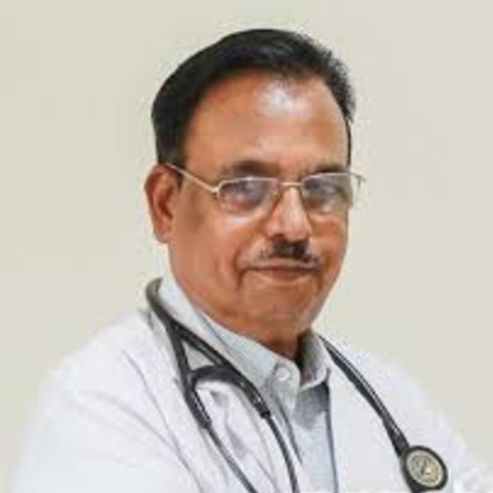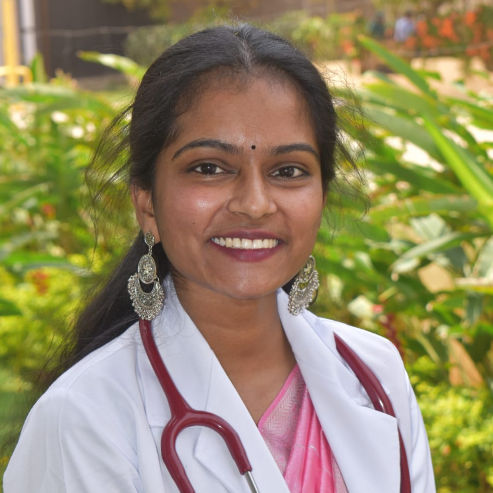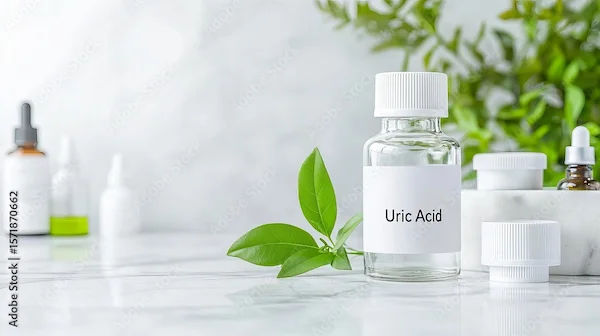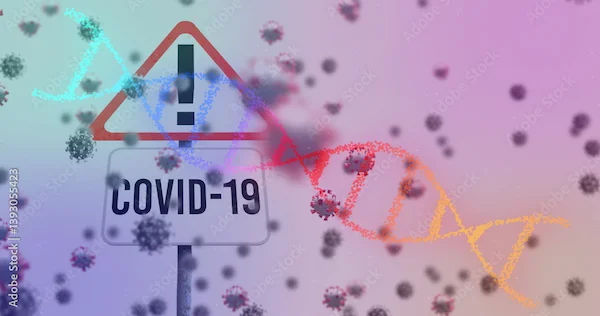Understanding Cholera: A Comprehensive Overview
Get a comprehensive overview of cholera, including its causes, symptoms, transmission, and treatment. Learn how to prevent this waterborne disease and when to seek urgent medical care.


Introduction
Cholera is a serious but preventable bacterial infection that affects the intestines, leading to severe diarrhoea and dehydration. While it is rare in areas with good sanitation and clean water, cholera remains a significant health concern in places with poor hygiene and limited access to safe drinking water.
In this article, we’ll break down everything you need to know about cholera, its causes, symptoms, treatment, and prevention, so you can stay informed and take the right steps to protect yourself and your loved ones.
What Is Cholera?
Cholera is an acute diarrhoeal illness caused by the bacterium Vibrio cholerae. It spreads through contaminated food and water and can lead to rapid fluid loss, which, if untreated, can be life-threatening.
The good news is that cholera is both treatable and preventable with proper care and hygiene measures.
Consult a Top General Physician for the best advice
How Does Cholera Spread?
Cholera spreads when a person ingests food or water contaminated with the Vibrio cholerae bacteria. Common sources of infection include:
Contaminated Water – Drinking or using untreated water from rivers, lakes, or wells.
Poor Sanitation – Lack of proper sewage disposal can lead to contamination of water sources.
Unhygienic Food – Eating raw or undercooked seafood, fruits, and vegetables washed with contaminated water.
Person-to-Person Contact – Though rare, cholera can spread through close contact with an infected person’s feces.
Symptoms of Cholera
Symptoms can appear within a few hours to five days after infection and range from mild to severe. Common signs include:
Profuse, watery diarrhoea (often described as "rice-water stools")
Vomiting
Rapid dehydration (dry mouth, extreme thirst, sunken eyes)
Muscle cramps (due to loss of salts and minerals)
Low blood pressure and rapid heart rate
Shock or kidney failure in severe cases
If left untreated, severe dehydration can lead to death within hours.
Who Is at Risk?
While anyone can get cholera, certain groups are at higher risk:
People living in areas with poor sanitation and unsafe drinking water.
Travelers visiting cholera-affected regions.
Individuals with weakened immune systems (e.g., HIV/AIDS, malnutrition).
Young children and the elderly, who are more vulnerable to dehydration.
Diagnosis and Treatment
If you suspect cholera, seek medical help immediately. Doctors diagnose cholera through:
Stool sample testing – To detect the bacteria.
Rapid diagnostic tests – Used in areas with limited lab facilities.
Treatment Options
Cholera treatment includes:
1. Oral Rehydration Therapy (ORT) – The primary treatment involves drinking oral rehydration solutions (ORS) to replace lost fluids and electrolytes.
2. Intravenous (IV) Fluids – For severe dehydration, IV fluids may be necessary.
3. Antibiotics – In some cases, antibiotics can reduce symptoms and duration of illness.
4. Zinc Supplements – Help reduce diarrhoea in children.
With prompt treatment, most people recover fully.
Prevention: How to Protect Yourself
Preventing cholera is possible with good hygiene and safe water practices:
1. Drink Safe Water
Boil water for at least one minute before drinking.
Use water purification tablets or filters.
Avoid ice made from untreated water.
2. Practice Good Hygiene
Wash hands frequently with soap and clean water (especially before eating and after using the toilet).
Use hand sanitizer if soap and water are unavailable.
3. Eat Safe Food
Consume thoroughly cooked food.
Avoid raw seafood, unpeeled fruits, and street food in high-risk areas.
Wash fruits and vegetables with safe water.
4. Get Vaccinated
Oral cholera vaccines (OCV) are available and recommended for travelers to high-risk areas.
When to See a Doctor
Seek immediate medical attention if you or someone you know experiences:
Severe diarrhoea and vomiting.
Signs of dehydration (dizziness, dry mouth, no urine output for hours).
Symptoms after traveling to a cholera-prone region.
Early treatment saves lives!
Final Thoughts
Cholera is a preventable and treatable disease, but awareness and quick action are key. By following proper hygiene, drinking clean water, and seeking medical help when needed, you can stay safe.
Consult a Top General Physician for the best advice
Consult a Top General Physician for the best advice

Dr. Rajib Ghose
General Practitioner
25 Years • MBBS
East Midnapore
VIVEKANANDA SEBA SADAN, East Midnapore

Dr. Gunashree V L
General Physician/ Internal Medicine Specialist
3 Years • MBBS
Bengaluru
Apollo Clinic, JP nagar, Bengaluru

Dr Sahana Gangatkar
General Physician/ Internal Medicine Specialist
8 Years • MBBS, MD
Bengaluru
Apollo Clinic, JP nagar, Bengaluru

Dr Shivaji Rao
General Physician/ Internal Medicine Specialist
30 Years • MBBS, MD, DNB
Bengaluru
Apollo Clinic, JP nagar, Bengaluru

Dr. Arthi S
Family Physician
3 Years • MBBS
Bengaluru
PRESTIGE SHANTHINIKETAN - SOCIETY CLINIC, Bengaluru




